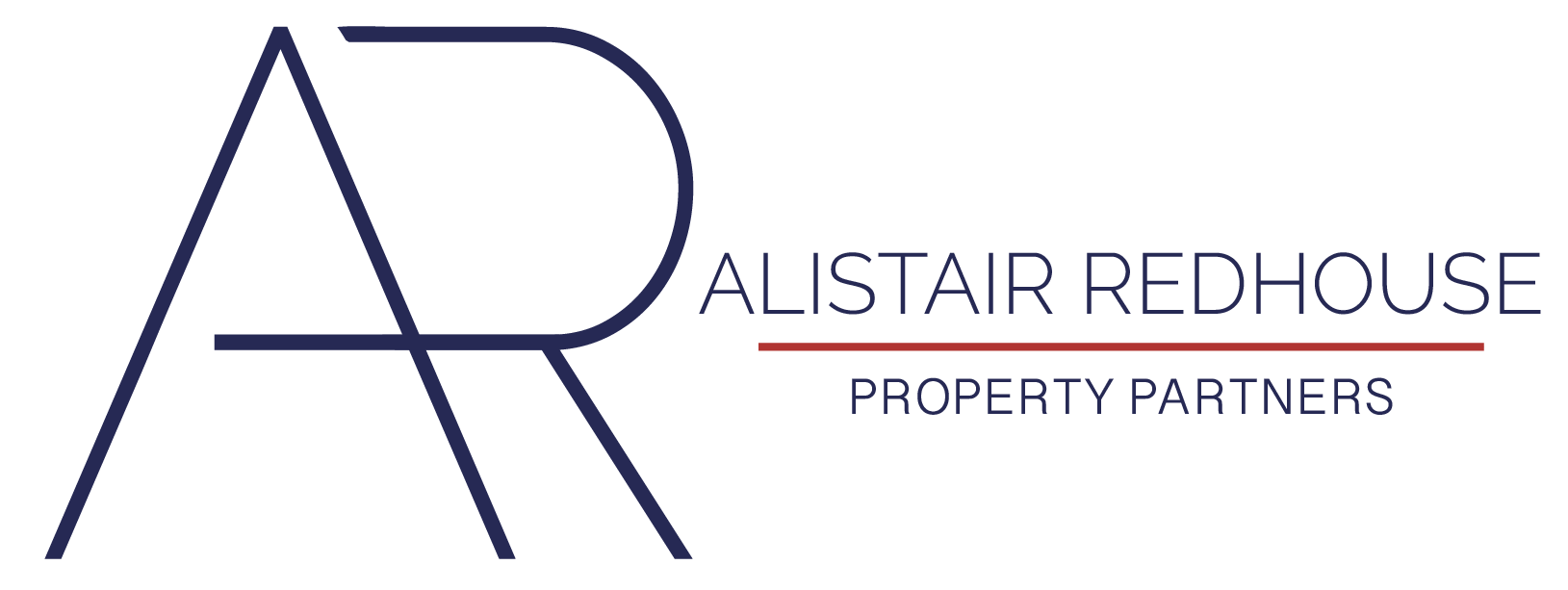Call ARHQ: 01865 364541
Email: hello@arpropertypartners.co.uk
Help to Buy Figures - May 2014
Help to Buy Creates 35,000 New Homeowners
Recent figures reporting on the progress of the Help to Buy scheme indicate that it has helped 35,000 people to buy their own home. Those numbers are spread across all the different parts of the scheme, although the Help to Buy equity loan, sometimes referred to as Help to Buy 1, accounts for the lion’s share.
The equity loan is only available on new build property and the Government department responsible for Help to Buy, Communities and Local Government, says that 22,831 people have used the scheme since it launched just over a year ago.
The mortgage guarantee, sometimes dubbed Help to buy 2, is available on open market property to help those with only a small deposit. This part of the scheme accounted for more than 7,300 sales, with the remainder being made up of Newbuy sales to the tune of 5,173.
It’s hoped that the success of the equity loan scheme will help to drive more house building, something that is crucial in an effort to address the imbalance between housing demand and supply. However, some have suggested that Government support for housing should be pegged back in light of some of the rapid price rises, particularly in London and the South East.
The official Help to Buy stats show that it’s unlikely to be the root cause of these price rises and actually the scheme seems to be hitting the intended target. Nationally, 86% of equity loan sales were to first time buyers and the average house price under Help to Buy was lower than the national average house price.
With Help to Buy accounting for only 3% of overall house sales and 94% of all equity loan sales being outside London it looks like a move to radically pare back the scheme may have little effect on the London market. At the same time it could remove what remains a very helpful option for those looking to get on the ladder but have a direct bearing on those in the regions where house prices may be moving at a very different rate.

